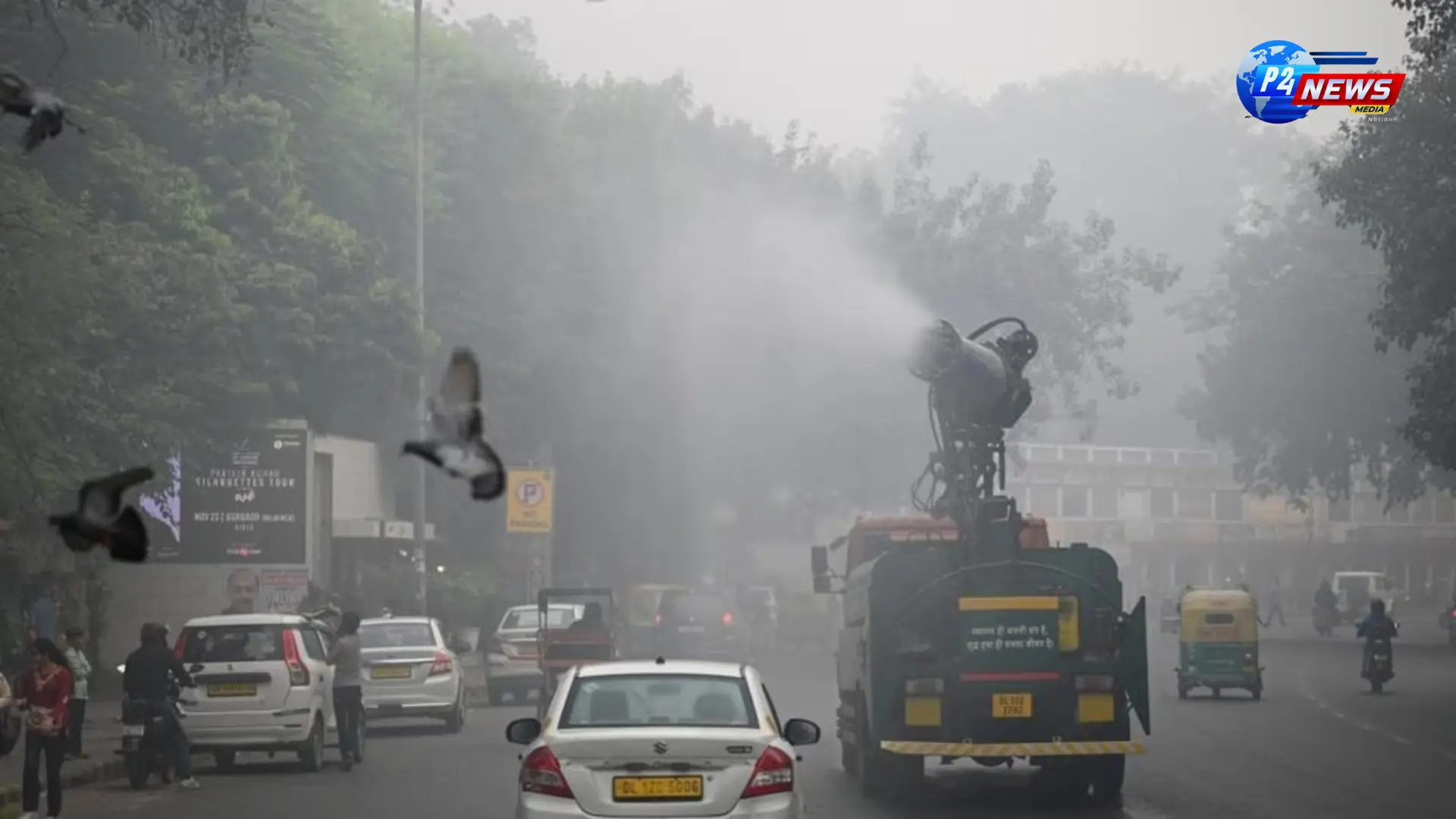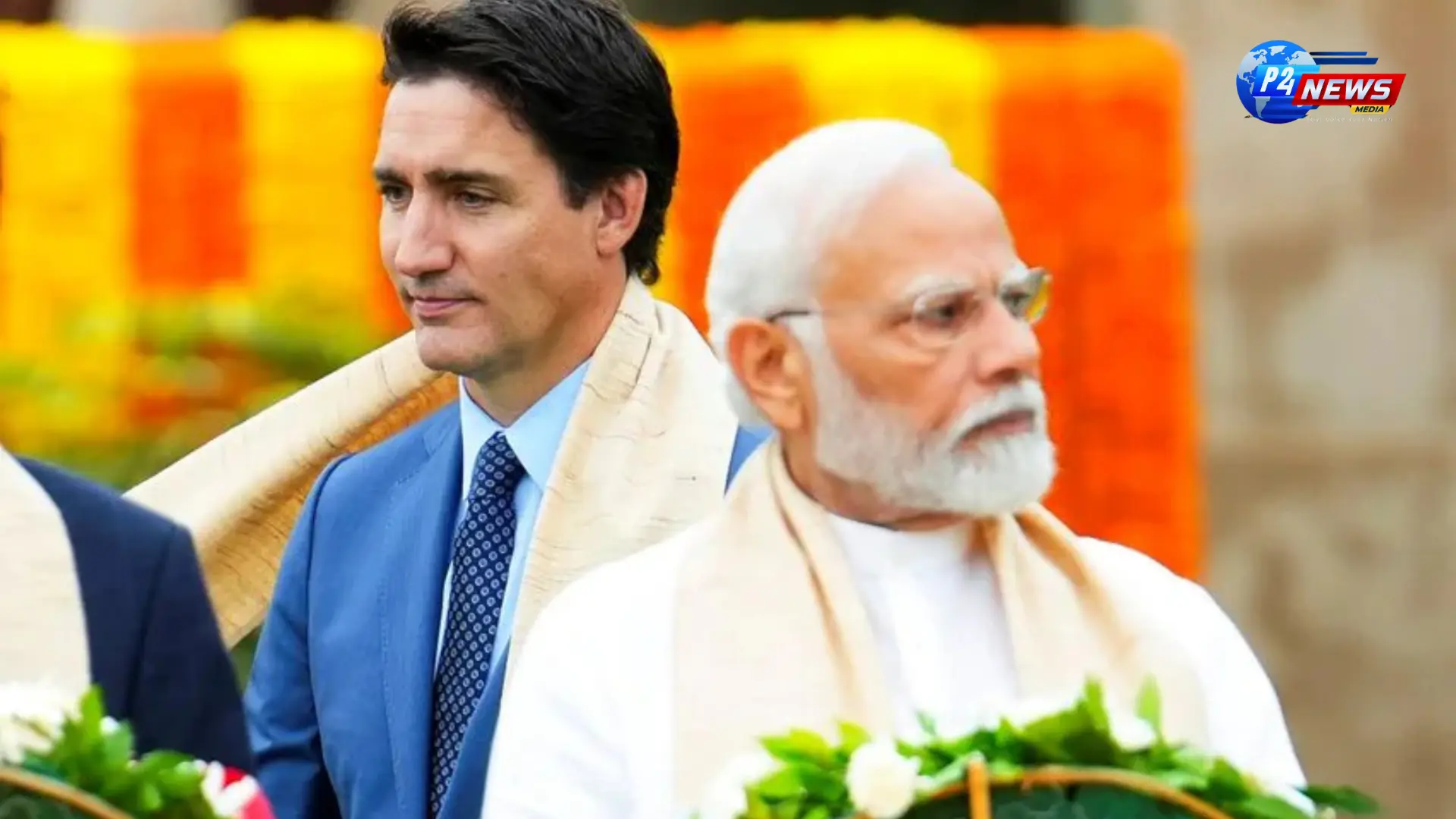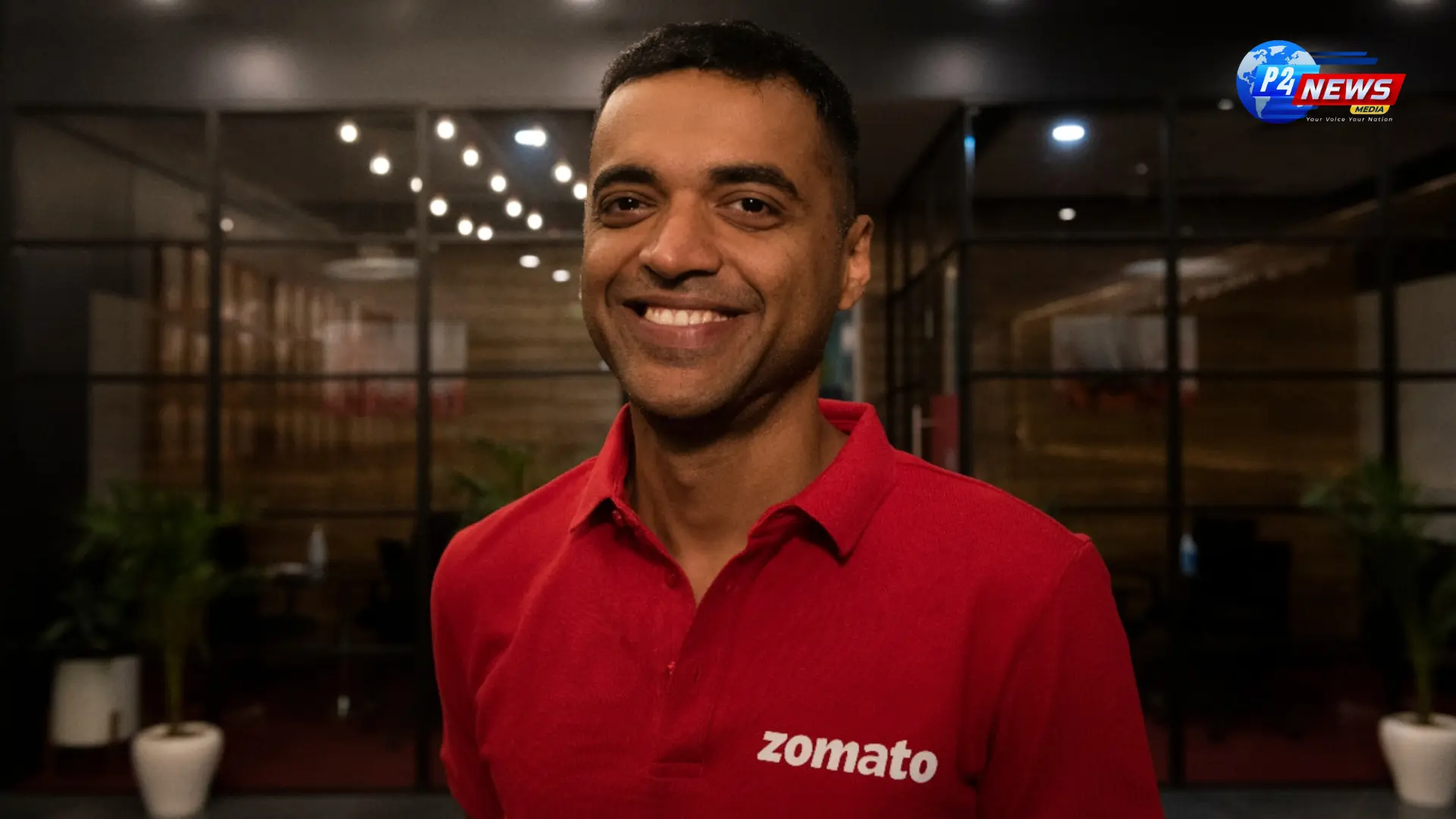In Delhi, air pollution has reached alarming levels, affecting the health of its residents. One such individual, Deepak Rajak, grapples with worsening asthma, leading him to visit a specialized pollution clinic. As toxic smog envelops the city, residents share their struggles with breathing and health issues, while healthcare professionals emphasize the urgent need for systemic changes.
On the outskirts of Delhi, a thick layer of toxic smog cloaks the city, marking it as the most polluted urban area on the planet. As winter settles in, air quality deteriorates, inflicting severe health repercussions on its residents. The first pollution-specific clinic in Delhi opened in response to this alarming trend, aiming to provide relief and care for those suffering from pollution-induced ailments. This establishment is crucial for individuals like 64-year-old Deepak Rajak, who finds himself struggling to breathe.
“I can hardly catch my breath,” Deepak laments while waiting at the clinic. His asthma condition has deteriorated in the last few weeks, prompting his daughter to bring him in for medical attention. “It feels like I’m suffocating. Just coming by bus was a challenge,” he adds, highlighting the desperate situation many face. Outside, the air is laden with harmful particles, rendering visibility nearly impossible and prompting authorities to declare a medical emergency.
Delhi's air quality has plunged to hazardous levels, as reported by global monitors, with readings surpassing 1,750 on the Air Quality Index—a figure that starkly contrasts with the World Health Organization's safety standards. With PM2.5 levels soaring to over 77 times the recommended thresholds, the implications for residents' health are dire. These fine particulate matters infiltrate deep into the lungs, contributing to a slew of respiratory diseases, cardiovascular issues, and even cognitive impairments among children.
Amidst the smog, many residents express their frustrations. Mohammad Ibrahim, an auto driver, describes the sensation of pollution: “It’s like chili in my eyes,” he remarks, sharing how the air quality has impacted his daily life. “I come home covered in soot, and it’s getting harder to breathe.” For many, the fight against air pollution doesn't only affect their health—it's a matter of survival, as they depend on their jobs to provide for their families.
This winter's pollution surge has been exacerbated by various factors, including stubble burning from agricultural practices, emissions from coal-fired power plants, and relentless vehicular traffic. Local authorities have implemented temporary measures, such as halting construction work and regulating truck movements in a bid to improve air quality. However, these initiatives have been criticized for failing to address the root causes of the pollution crisis.
The medical community has observed a spike in patients with respiratory issues; Dr. Amit Jindal from the pollution clinic reports that many individuals are arriving with chronic coughs and breathing difficulties. “Those who are already suffering from conditions like asthma are particularly at risk,” he explains, marking a concerning trend that calls for immediate attention.
Long-time residents of Delhi share a collective anxiety about the future. Retired Air Force member Aditya Kumar Shukla articulates a common sentiment: “Even inside my home, I can feel the pollution creeping in. What can we do? The situation feels hopeless.” With recurring hospital visits, Shukla admits that the pollution has drastically diminished his quality of life.
Environmental analysts stress that the response from the government is not commensurate with the scale of the pollution crisis. With a National Clean Air Program in place since 2019, there is an acknowledgment that immediate actions must be transformed into long-term solutions. “We need serious discussions about emission reductions across sectors—transportation, power, industry, and waste management,” advocates analyst Sunil Dahiya. The focus must shift from temporary fixes to comprehensive strategies that address the pollution crisis at its core.
As Deepak Rajak's daughter, Kajal, waits anxiously for her father's treatment, she holds onto hope for systemic change. “It’s frustrating, but yelling won’t change anything. The government must step up its efforts urgently.” In a city where the air is often unbreathable, the call for action has never been more critical.
















Comments 0